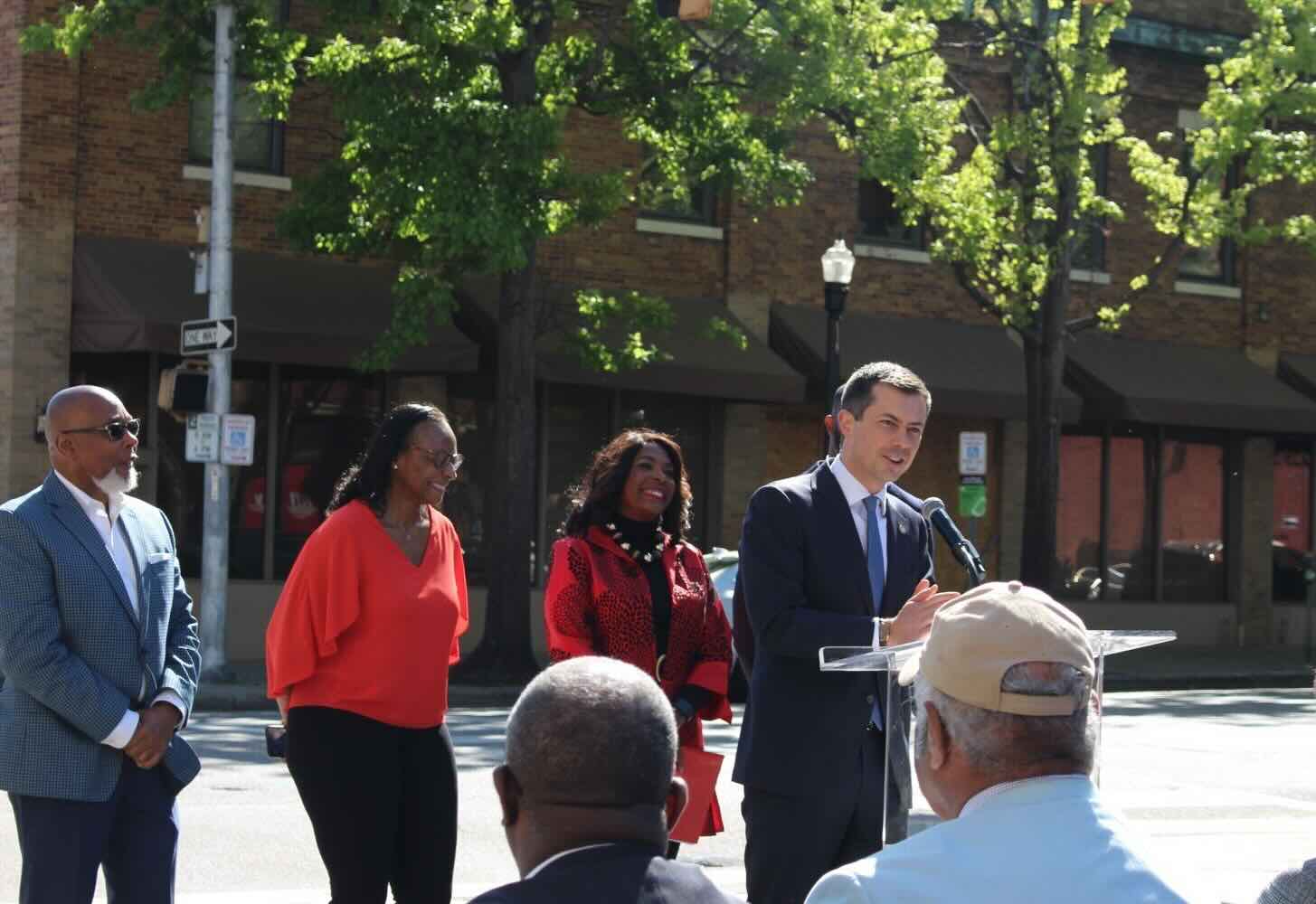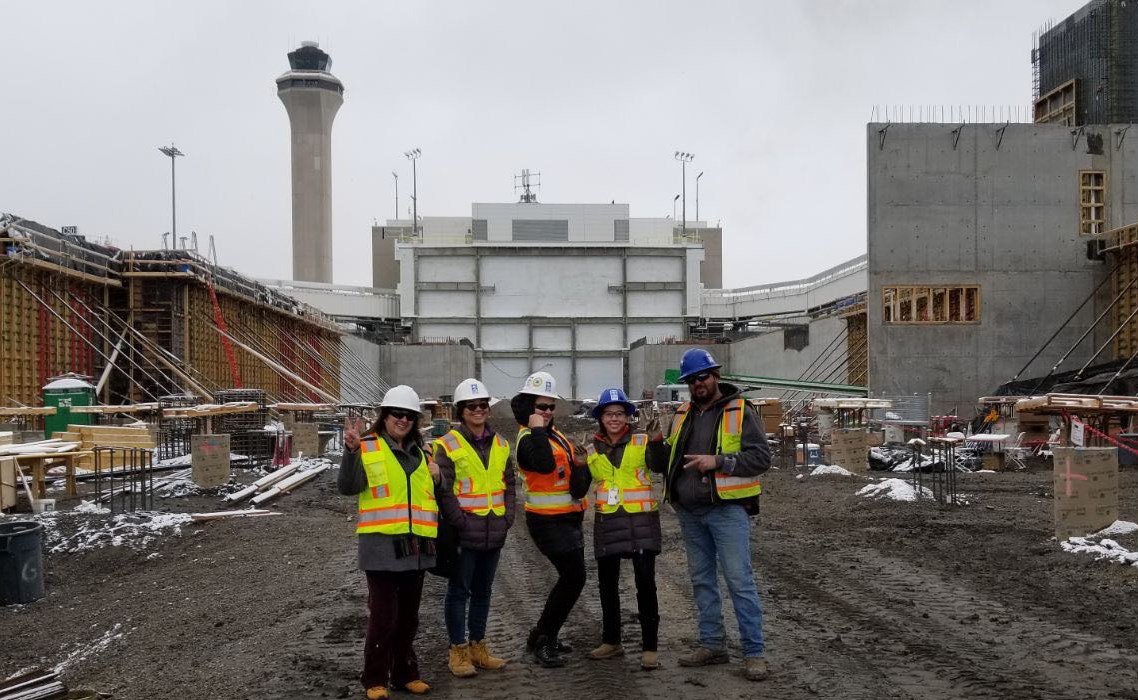ImpactAlpha, May 5 – Call it the un-M&A deal.
Common Future, the Oakland-based nonprofit focused on economic inequality, and Uncharted, the nonprofit social impact accelerator spun out of the Unreasonable Institute, are combining forces in a merger aimed at expanding economic opportunities to more underserved entrepreneurs and communities.
“One of the things that we’ve admired so much about Uncharted is their strength in consistently identifying new social entrepreneurs, community wealth-building ventures, and institutions that really are the lifeblood for how Common Future operates,” Common Future’s Rodney Foxworth told ImpactAlpha.
A winner of this year’s Skoll Award for Social Innovation, Common Future is designing funds that use revenue-based finance and character-based lending to channel more capital to Black, Indigenous, rural, immigrant and working class communities.
Nonprofit mergers are still relatively rare. Uncharted’s assets and employees will be absorbed into Common Future. Foxworth will remain CEO of the combined entity. Uncharted’s Banks Benitez, who led the Denver-based group for the past several years, told ImpactAlpha he plans to take time off to assess his next moves. He has launched a newsletter, with Kyle Westaway, about leveraging “Web3” for positive social and environmental impact.
Early believers
Common Future and Uncharted both have carved out well-respected roles in bringing resources and capital to entrepreneurs and community leaders overlooked by more mainstream funders.
Uncharted spun out of the Unreasonable Institute in 2017 (see, “The Unreasonable Institute’s path into Uncharted territory”). Its accelerator cohorts have focused on issues ranging from improving the lives of vulnerable U.S. city dwellers and childhood development to reimagining the food system. Last year it launched two programs for entrepreneurs addressing economic inequality.
Uncharted has worked with more than 200 social impact startups and helped them raise close to $400 million. With an annual budget of $12 million or so, it supported entrepreneurs “who deeply understood their community to go out and be the key authors of social change,” said Benitez. Uncharted “trusted and believed in them before others did.”
The accelerator received 344 applications last year for its economic inequality cohorts. Participants include the Spokane Workers Cooperative, which buys local businesses and converts them to employed-ownership, and apprenticeship.io, which connects people with paid skills development programs.
“We wanted not to just select the usual suspects, but to identify people and help them tap into additional resources,” added Benitez. “The legacy of Uncharted sits with believing in people to do the extraordinary.”
Common Future began in 2001 as the Business Alliance for Local Living Economies, or BALLE. When Foxworth took the helm in 2018, he focused the organization on building power in communities of color across the U.S. and changed the name to Common Future. The nonprofit has shifted $280 million toward community investment, and is just getting warmed up.
Common Future’s character-based lending fund aims to take the place of community banks that once loaned money based on relationships, but are largely absent in underserved communities. The $800,000 fund, raised by Common Future and its donor network, was designed with partners including Cincinnati-based MORTAR, Native Women Lead and Minnesota-based ConnectUP! Institute, which will refer borrowers. Community Credit Lab helped structure the fund and will underwrite the loans.
Common Future is using money from its balance sheet to seed the funds.
The alternative investment vehicles are “about structuring opportunities in which communities that have been most adversely impacted by economic or racial injustice have control of capital and decision making,” says Foxworth.
Synergies
Common Future also educates and prods foundations and charitable organizations to share more power with the communities they serve, and is launching a policy incubator to provide individuals from communities of color with the resources to develop their policy ideas. (Budding wonks can apply here.)
Uncharted, says Foxworth, will help Common Future identify new ideas and entrepreneurs to broaden its impact.
Talks between the two nonprofits began in 2020, after Benitez and his board began exploring options to boost their impact. “Should we be focused on growing bigger ourselves, or growing more powerful with our peers?” Benitez recalls asking. Benitez made a list of potential strategic partners, and put Common Future at the top of the list.
When Benitez reached out, Foxworth was receptive to the idea. He was on the board of a social enterprise, Thread.org, that participated in an Uncharted cohort. And his organization had taken inspiration from Uncharted’s rebranding and its institution of a four-day work week.
“I’m thrilled by the opportunity to bring these two amazing organizations together and create much more economic change and possibility than we would have been able to do separately,” says Foxworth.
Adds Benitez: “Uncharted is bringing its expertise of identifying, sourcing, selecting and accelerating social entrepreneurs and putting it in a framework of Common Future’s long-term strategy.”











